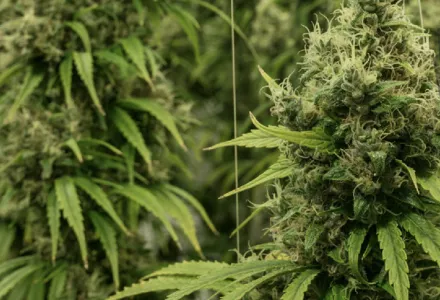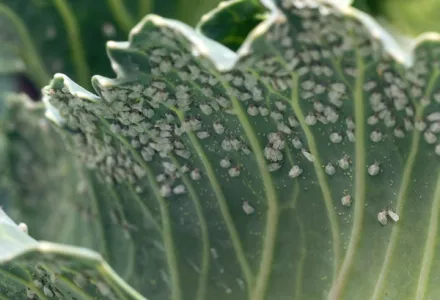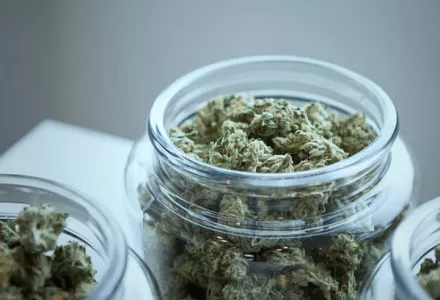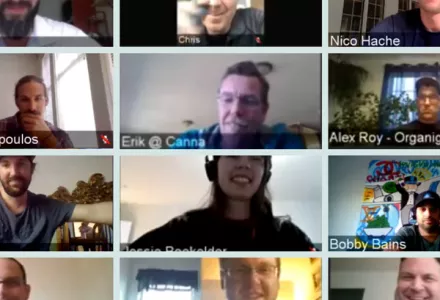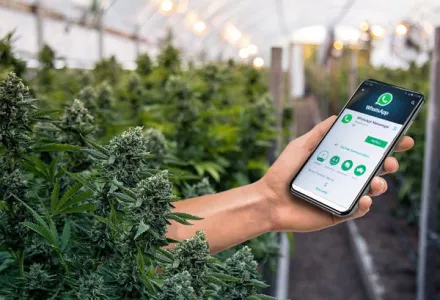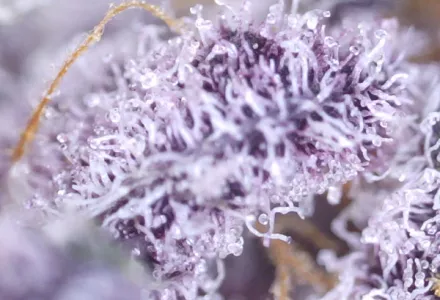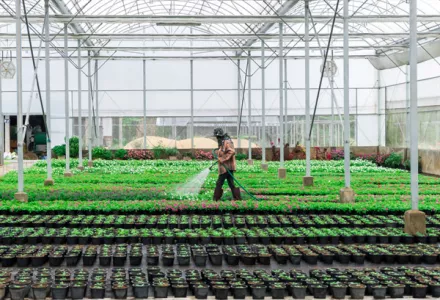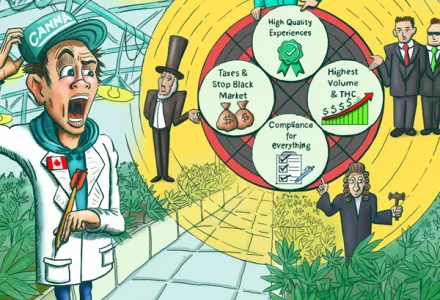Pioneering the World of Cannabis—The Journey of the Canadian Master Grower
The Challenge
Grappling with cultivation practices, methods, and personnel
Scaling an underground industry into legalization has its challenges, particularly when it comes to research and information surrounding growing methods and their origins, best practices, and data regarding cannabis cultivation.
Cannabis has been grown, cultivated, and sold on the black market for decades. Variety, quality, and endless backstock are what common consumers have grown accustomed to. However, the newly legal Canadian cannabis industry restricts the hiring process, and due to the previous legal state of the industry, the origins and methods of most large-scale production growth techniques are almost as untraceable as the experienced black market growers themselves. In addition to the lack of growing data, Health Canada has also put considerable restrictions on growers that make it difficult for them to produce the yields that are expected from corporate, shareholders, and consumers alike.
Revolutionizing the horticulture & hydroponics industry
Innovative technology is everywhere, and the cannabis industry is going full speed ahead. From harvesting equipment to grow lights, growers are being seduced by used car salesmen–like pitches and new tech every day—yet most of this technology is unproven, and Master Growers are too busy to vet new products/equipment.
Before technology can revolutionize the industry, growers must better understand their plants’ needs. Growers need to determine the effects each tool has on their plants and better understand nutrients, the benefits of clean products vs. the alternatives, and the role nutrients and mediums play in the safe consumption, taste, and overall quality of the buds.
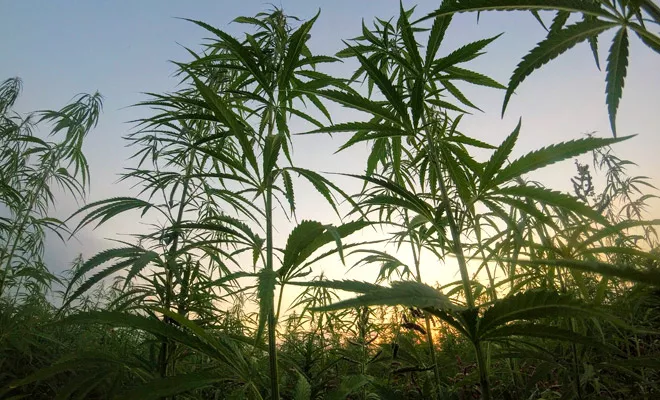
Mastering the precision and care required for each individual crop and using tools/equipment/products that are backed by years of research and growing experience should be a priority.
The Disconnect
Businessmen, executives, and owners all want to see their business do well, but more often than not they believe that the key metric to success is the “total volume of production.”
A grower’s focus is the plant: the health of the plant, the quality of the buds, and the levels of THC and CBD.
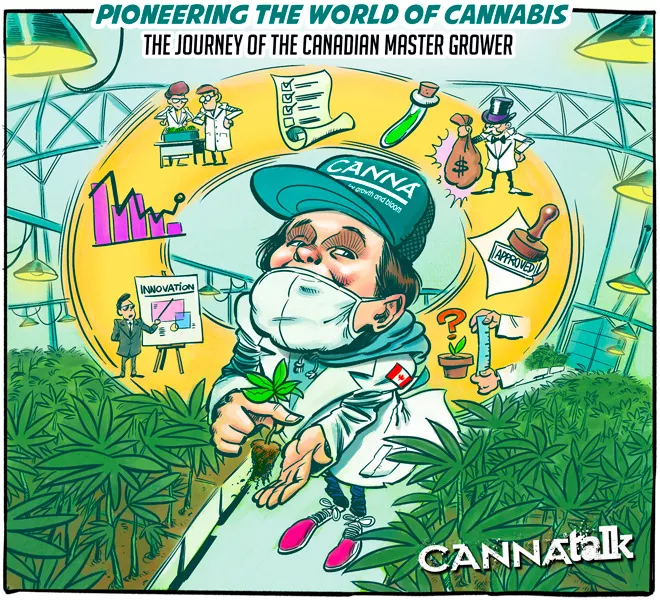
The Crossroads
According to the attendees of the October 3 round table, growers and owners must come to appreciate common needs.
Cannabis is such a unique plant, and the senior executives making big decisions rarely have a background in the field, which means many—if not most—LPs have investors making uninformed decisions based on quick revenue generation and not sustainable plans created by those with the appropriate knowledge.
1. Getting the right people in the right positions
Growing a high-quality plant and producing it in high volume will require LPs to place those with the appropriate knowledge into decision-making roles and decision makers to have more trust and open lines of communication with their Master Growers.
2. Increasing the sharing of knowledge
Knowledge sharing among growers will help standardize practices, encourage industry breakthroughs, advance research, and create a stronger community of Master Growers, improving professional performance.
Having a large facility with micro LPs surrounding it could be a solution that increases knowledge sharing and sustainability.
3. Brands need to do the research too
There needs to be a better understanding of growing techniques, innovative technologies, and the effects of nutrients on plants/consumers so Master Growers can have confidence in their tools.
As today’s industry trailblazers, it’s important for LPs, micro LPs, craft growers, and professional growers to understand that every department has an impact on the future—from development to research, via marketing and sales to the production line. Canada’s Top Eastern Growers understand the importance of having a passion for plants, collecting research and data, sharing knowledge, and putting the right people into decision-making roles. Now, the question is this: How do we get industry executives and leaders to help make it happen?

